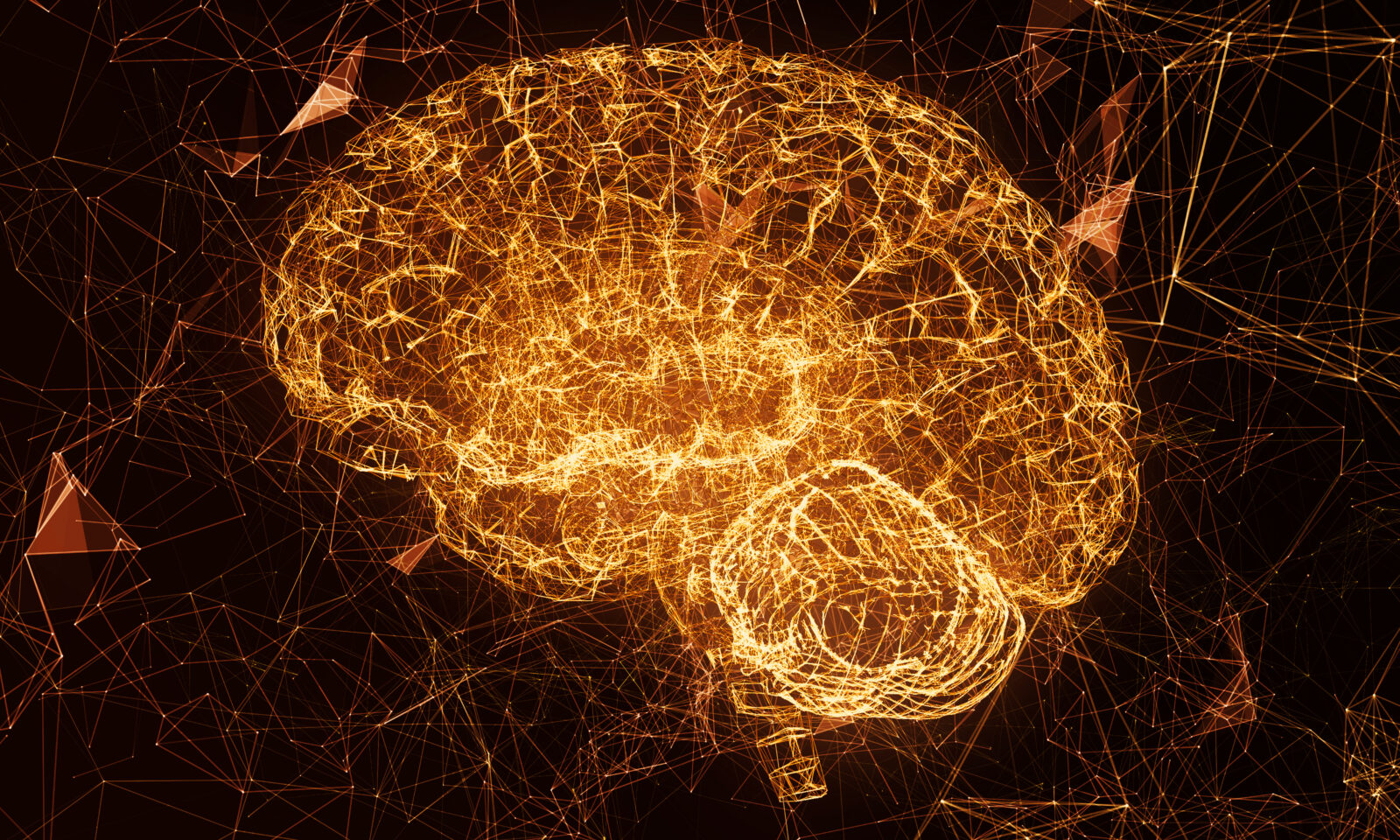Challenging Darwinian Evolution: A Medical Doctor’s Insights
On this ID The Future, host Casey Luskin concludes a two-part conversation with Dr. Uditha Jayatunga, a medical doctor and consultant in rehabilitation medicine in the UK, about the challenges that biological complexity poses to evolutionary theory. Their chat is a helpful refresher on some of the biggest challenges to a Darwinian explanation for the origin and development of life on Earth.
In Part 2, Dr. Jayatunga shares more examples of purposeful complexity from the animal world. He discusses singular features of the panther chameleon and the hummingbird. He also talks about the humble water flea, whose unusually large genome contains great quantities of a special type of de novo gene called orphan genes. These orphan genes are unique to the species with no known counterparts in other species, making them an obstacle to an evolutionary model of gene development.
Dr. Jayatunga also discusses the complexity and design of the human brain, a subject that aligns well with his work helping people recover from brain injuries. He questions how an unguided, gradual process could produce the dynamic chemical reactions and combinations of neuropeptides found in the brain. He also highlights the cognitive abilities unique to humans that don’t seem to be essential for survival. “Our brain is the most complex structure in the universe,” says Jayatunga. “We don’t even know the basics of our brain…it is thirty times more powerful than the most powerful computers made by man.”
This is Part 2 of a two-part conversation. Listen to Part 1.
Dig Deeper
- Dr. Jayatunga discusses many more examples of animal complexity in his book Intelligent Design as Proof of Creation.
- Learn about more challenges to Darwinism from the animal world on this recent episode:
